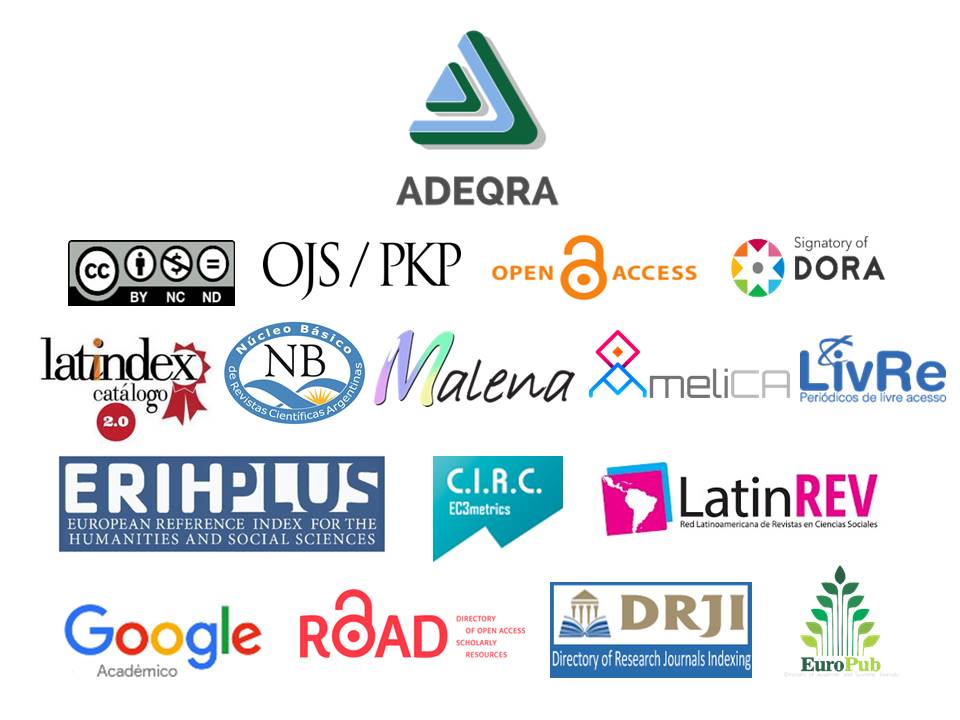Celebrating 100 years of the International Union of Pure and Applied Chemistry
Keywords:
IUPAC, 100 years, chemistry historyAbstract
Coinciding with the celebrations for the 150 years of Mendeleev's Periodic Table, it is also an important anniversary for the International Union of Pure and Applied Chemistry, known by all as IUPAC for its acronym in English: International Union of Pure and Applied Chemistry .IUPAC is heir to the Karlsruhe Congress, held in May 1860 in Germany, where 127 chemists from various cities met for the first time. It is currently registered in Zurich, Switzerland and its Administrative Secretariat, headed by the IUPAC Executive Directorate, is located in the United States. It is made up of national chemical, science or other organizations that represent chemists. In addition to the associations of developed countries, some African and Asian countries, Costa Rica, Jamaica and Puerto Rico also have representations in IUPAC. In South America, the only offices associated with IUPAC are in Montevideo, Uruguay and Concepción, Chile. Argentina is not represented in this international organization (https://iupac.org/who-we-are/nationsafliated-with-iupac/). To learn more about this important organization of chemicals, we present a recent article published in the July-August volume of the current year of the magazine L'actualité Chimique N° 442 (pp. 31-33) by Danielle Fauque, president of the History Group of the Chemistry from the University of Paris South (danielle.fauque@u.psud.fr).
References
Published
How to Cite
Issue
Section
License
Copyright (c) 2019 María Gabriela Lorenzo

This work is licensed under a Creative Commons Attribution-NonCommercial-NoDerivatives 4.0 International License.



